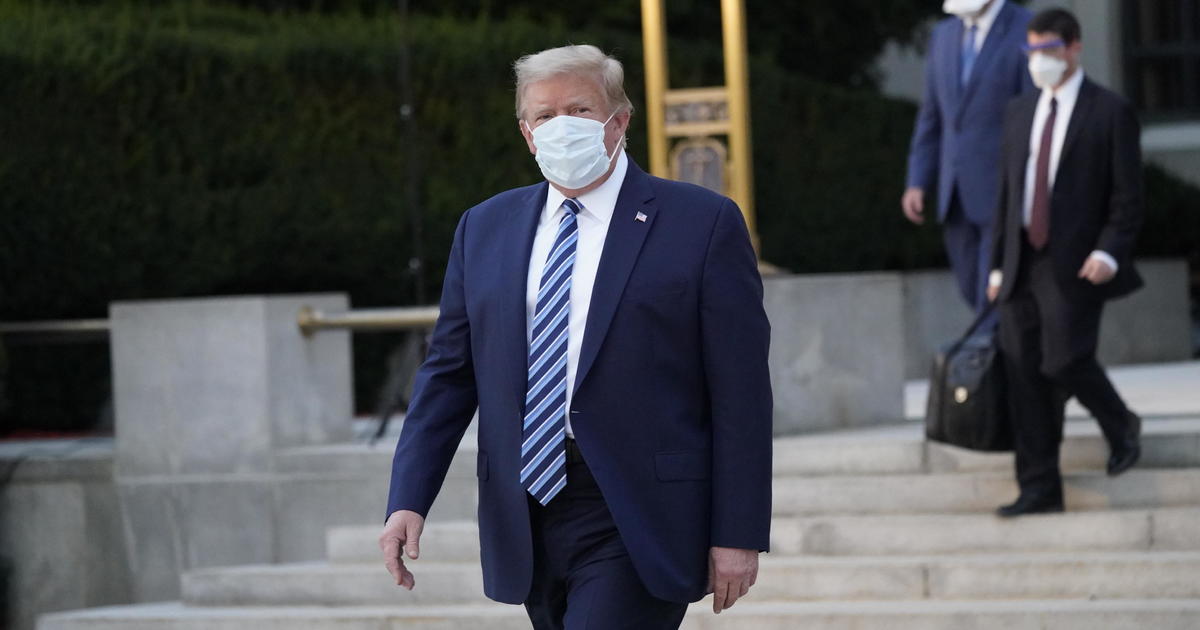Washington — A federal appeals court panel in New York ruled Wednesday that the Manhattan district attorney can enforce a subpoena to President Trump’s longtime accounting firm for troves of his business records and tax returns, the latest setback in the president’s efforts to block a New York grand jury from obtaining his financial information.
The unanimous ruling from a three-judge panel on the 2nd U.S. Circuit Court of Appeals paves the way for a potential second Supreme Court showdown in the yearlong dispute over the subpoena to Mazars USA, Mr. Trump’s accounting firm. The 2nd Circuit upheld a lower court’s decision dismissing Mr. Trump’s effort to block Manhattan District Attorney Cyrus Vance from obtaining the president’s financial records, but the court put enforcement of the subpoenas on hold to allow the president to appeal the ruling.
The Justice Department said it is reviewing the decision.
The dispute before the 2nd Circuit marks the second attempt by the president and his legal team to stop Manhattan investigators from gaining access to his business information. Vance is seeking Mr. Trump’s financial records, including his tax returns, dating back to 2011 as part of a criminal investigation into the president’s business dealings and hush-money payments made to two women who claimed they had affairs with Mr. Trump years before he was elected.
Mr. Trump suffered a string of losses in his first effort to block Vance from obtaining his records, with the Supreme Court in July rejecting claims he has “absolute immunity” from state criminal subpoenas, but sending the case back to the lower courts for further proceedings.
The president’s lawyers then challenged the subpoena again on different grounds, arguing it was overbroad and issued in bad faith.
In its opinion, the 2nd Circuit panel rejected Mr. Trump’s claims.
“It is neither uncommon nor unlawful for grand jury subpoenas to seek categories of documents that may include some documents that ultimately prove to be unhelpful to the grand jury’s investigation,” the judges said.
In addressing Mr. Trump’s argument the subpoena was issued in bad faith and with retaliatory intent, the court said “the fact that the Mazars subpoena was issued to a third-party custodian adds nothing to the President’s bad faith claim. Such subpoenas are routine.”
“The direction of the subpoena to the President’s accountant, rather than to the President himself, does not prevent the President from objecting to the subpoena,” the 2nd Circuit said. “On the other hand, it relieves the President of the burden of supervising and being responsible for compliance, thus freeing the President from obligations that might otherwise interfere with his duties of office.”
